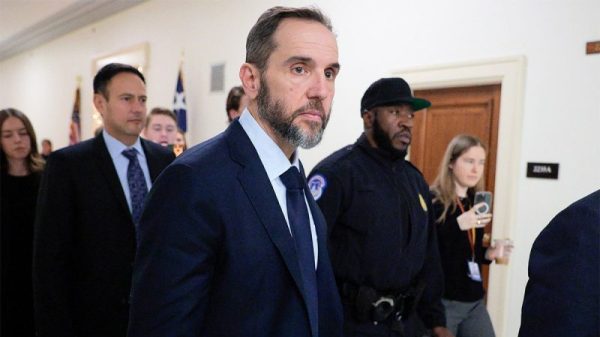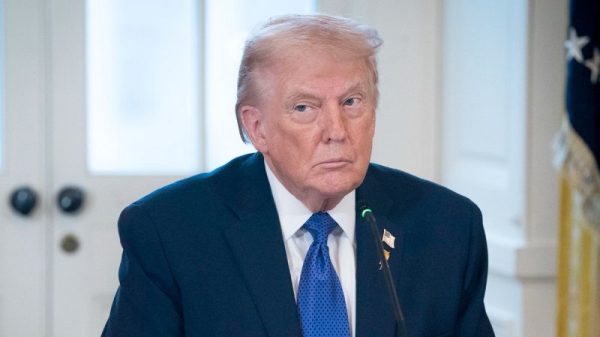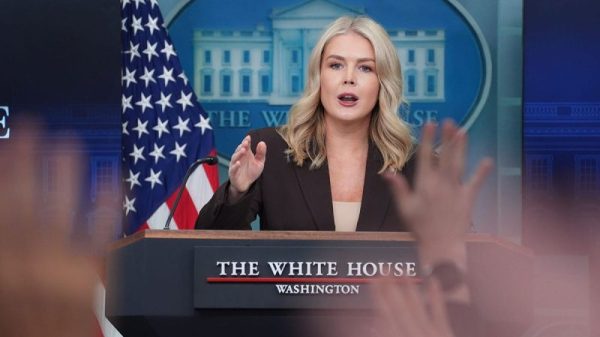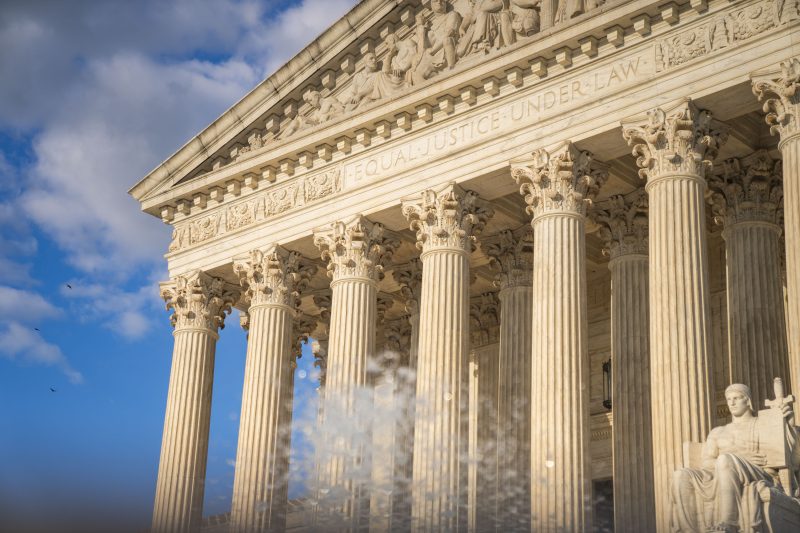The recent debate surrounding the structure and functioning of the United States Supreme Court has sparked a range of opinions and proposals from politicians, legal experts, and the general public. One particularly contentious issue that has emerged is the question of implementing term limits for Supreme Court justices.
Proponents of term limits argue that such a reform would help mitigate partisanship, prevent justices from serving for excessively long periods, and ensure a more diverse and dynamic judiciary. According to the poll conducted by Godzillanewz, a majority of Americans support the idea of implementing term limits for Supreme Court justices. This indicates a growing recognition among the public of the need for reforms to maintain the court’s independence and effectiveness.
On the other hand, opponents of term limits raise concerns about the potential negative consequences of such a change. They argue that term limits could politicize the court even further by incentivizing justices to align their decisions with the political views of the president who appointed them in order to secure future opportunities. Furthermore, opponents argue that term limits may hinder the development of expertise and institutional knowledge among justices, potentially compromising the quality of the court’s decisions.
Interestingly, the poll also revealed that a majority of Americans are against the idea of increasing the number of Supreme Court justices, a proposal that gained traction during the 2020 presidential campaign. The opposition to expanding the number of justices may stem from concerns about the politicization of the court and the potential disruption to the current balance of power among the justices.
In light of these diverging opinions and the complexities surrounding the issue of Supreme Court reform, it is evident that any proposed changes to the court’s structure must be carefully considered and implemented. Balancing the need for accountability and diversity with the imperative of maintaining the court’s independence and expertise will be crucial in shaping the future of the judiciary in the United States. As the debate continues, policymakers and the public alike must engage in a thoughtful dialogue to ensure that any reforms ultimately serve the interests of justice and the rule of law.






















